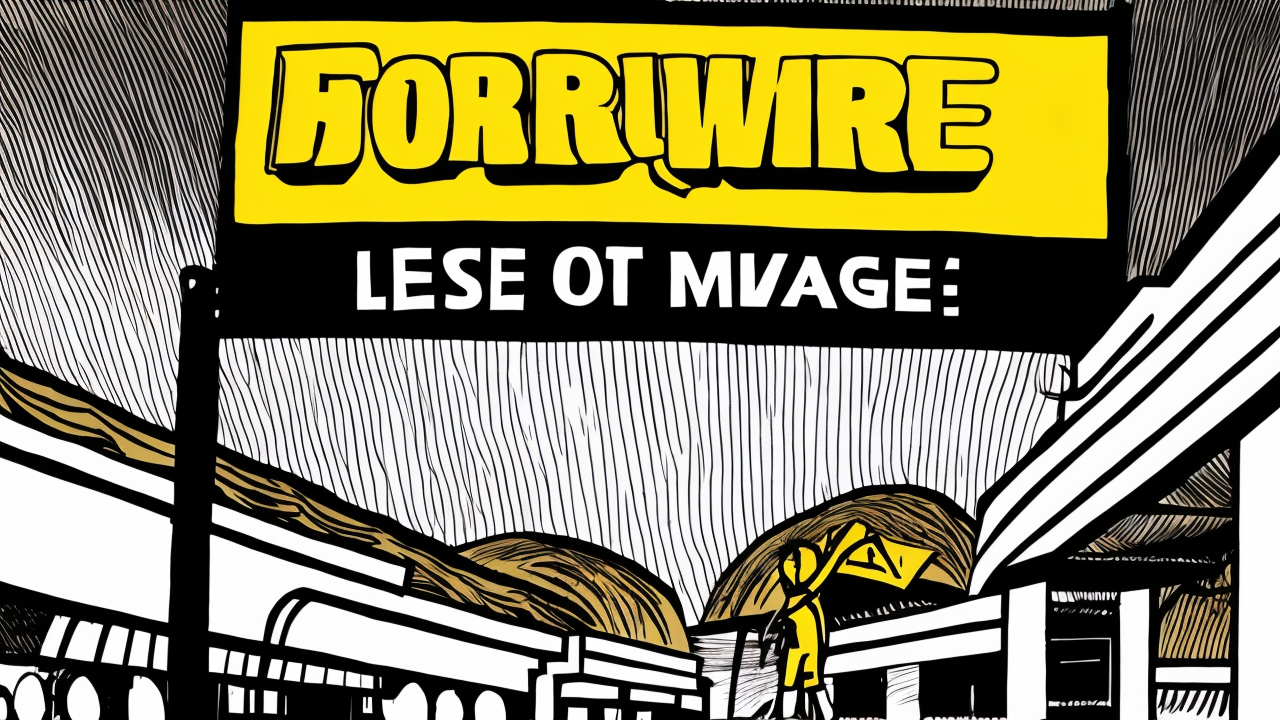Minimum Wage Hike in California Leads to Job Losses and Higher Prices

California's recent increase in the minimum wage for fast-food workers to $20 per hour, up from $16, was intended to boost the take-home pay of low-income workers. However, the outcome has been far from ideal. A study by the National Bureau of Economic Research revealed that the wage hike led to a 2.7% decline in employment in the state's fast-food sector, resulting in the loss of approximately 18,000 jobs. This exacerbates California's already higher unemployment rate of 5.3% compared to the national average of 4.1%. The repercussions extend beyond job losses. Over 89% of fast-food workers in California have experienced reduced work hours, while 35% have seen their supplemental benefits cut. Additionally, menu prices in the state's restaurants have surged by 14.5% between September 2023 and December 2024, nearly double the national rate. This spike has disproportionately affected low-income families, who are the core consumers of fast food. The economic principle at play is clear: when labor costs rise, businesses often mitigate these expenses by reducing staff, cutting hours, or passing costs onto customers. This is a well-documented consequence of minimum wage increases, yet policymakers continue to pursue such measures. Instead of focusing solely on raising the wage floor, they should consider strategies that help individuals secure jobs paying above the minimum wage, fostering sustainable economic growth and genuine improvement in workers' lives.
Published: 7/14/2025
















